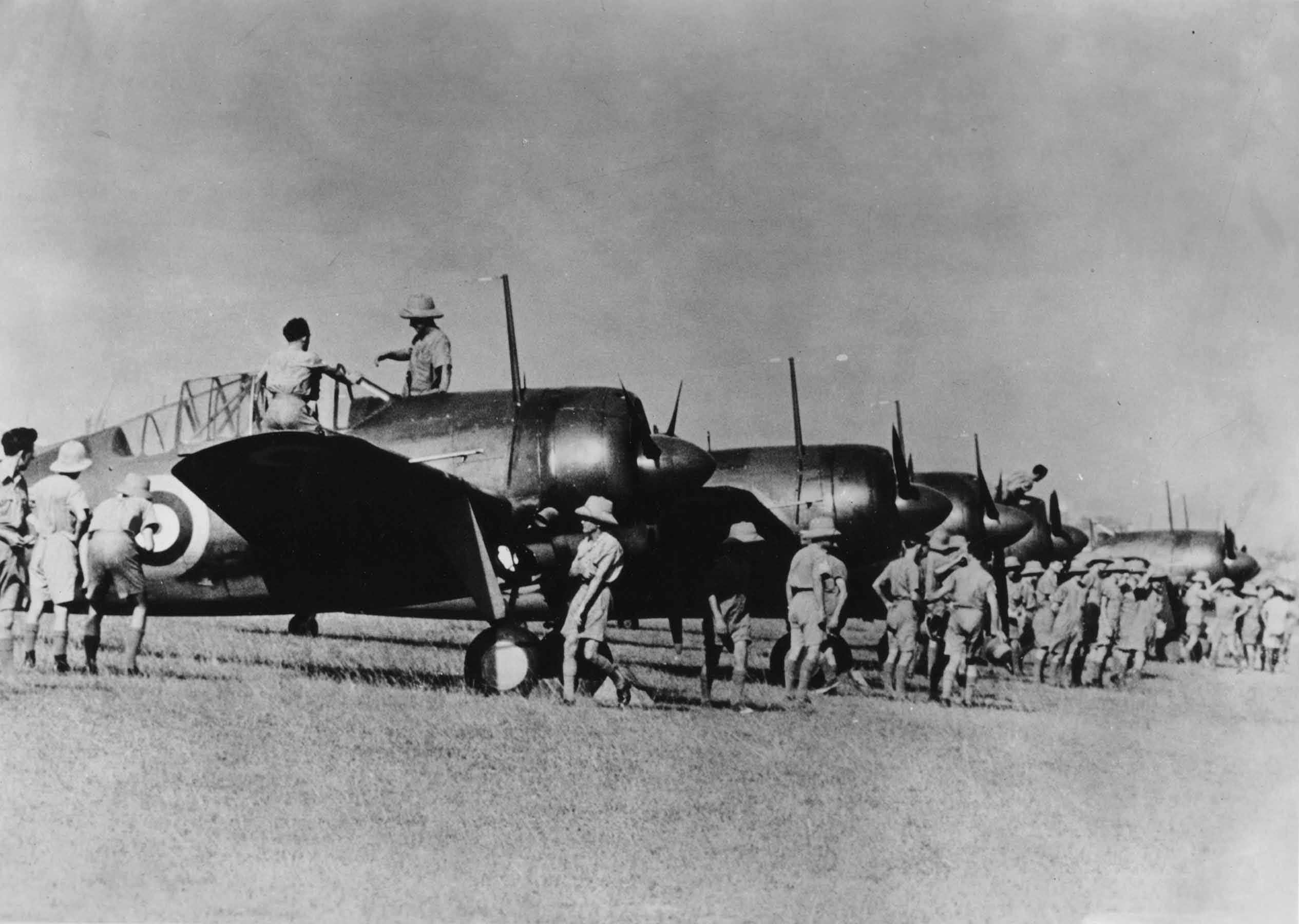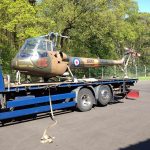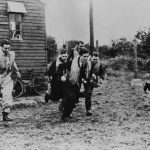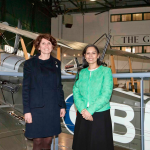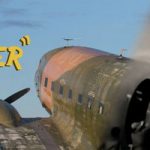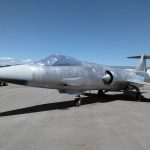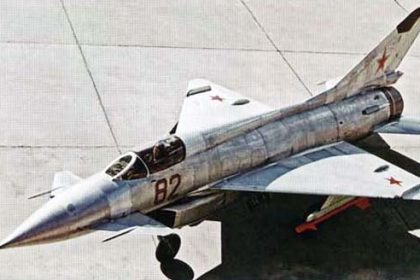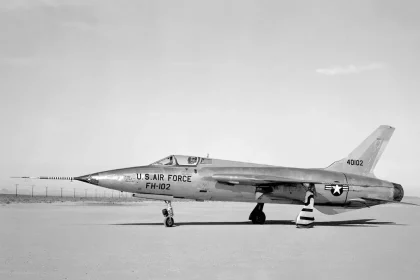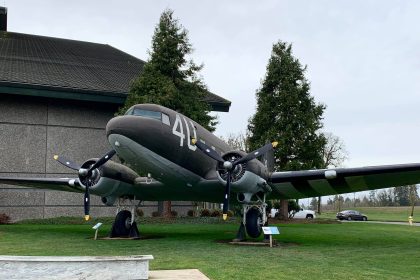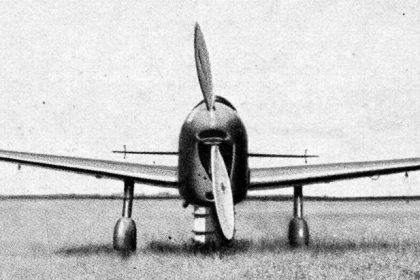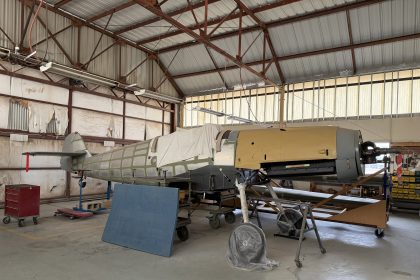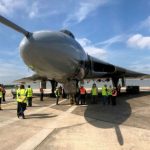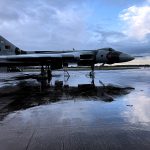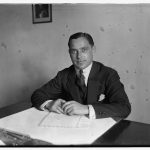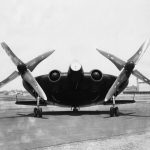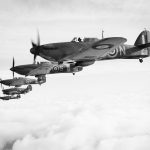PRESS RELEASE – Between December 1941 and May 1942, the Allies lost command of the air in Malaya and Burma to the Japanese. Usual historical thinking gives the reasons for the Allies losing air superiority as possessing poor aircraft and an inadequate early warning system. However, the actual explanation is much more complex involving an inter-relationship between aircraft, aircrew, early warning facilities and superior Japanese aircraft and aircrew. This paper will explore each of these elements to show how air superiority was lost and will provide new insights into why the Far East was left unprotected against Japanese air attack in December 1941..
>The loss of air superiority in the Far East during the Second World War will be the focus of a lecture at the University of Wolverhampton.The event is part of the RAF Museum’s Trenchard Lectures in Air Power Studies series, organised in partnership with the RAF Museum Cosford. Dr Peter Preston-Hough, from the University of Wolverhampton, will be delivering the next in the series of lectures on Thursday, 25 June 2015.The lecture, titled “The Royal Air Force and Losing Air Superiority in the Far East” will take place at the University’s city campus in MC001 from 6pm-7.30pm. It will focus on how air superiority was lost and will provide new insights into why the Far East was left unprotected against Japanese air attack in December 1941. Dr Preston-Hough, of the University’s Department of War Studies said: “We’re delighted to be part of this prestigious series of lectures, which promises to provide an interesting insight into the fascinating area of history.“The University has a strong relationship with the RAF Museum and we look forward to working closely with them on the lectures. “This particular lecture will focus on why command of the air in Malaya and Burma was lost to the Japanese between December 1941 and May 1942. “Furthermore, it will examine the inter-relationship between aircraft, aircrew, early warning facilities and superior Japanese aircraft and aircrew as the key reason for this situation.”
Ross Mahoney, Aviation Historian from the RAF Museum, said: “This lecture series marks an important step in the development of the RAF Museum’s academic aspirations. “The series seeks to explore historical and contemporary issues related to the employment of air power.“The series also seeks to bridge the gap between academic and public history by providing a forum for recognised experts to share and disseminate their research to a wider audience. “We are pleased to be holding the series in conjunction with the University of Wolverhampton which has a world renowned reputation in the field of War Studies.”
This lecture, organised in conjunction with the RAF’s Centre for Air Power Studies, explores the importance of aerial based reconnaissance and intelligence gathering and its effect on war in all its facets.It is part of the Trenchard Lectures in Air Power Studies which is a programme of lectures organised by the Royal Air Force Museum in conjunction with the University and the Royal Aeronautical Society.This lecture is free of charge but people do need to pre-book a free ticket, as seats are limited. For more information visit: http://www.rafmuseum.org.uk/cosford/whats-going-on/events/the-royal-air-force-and-losing-air-superiority/.







